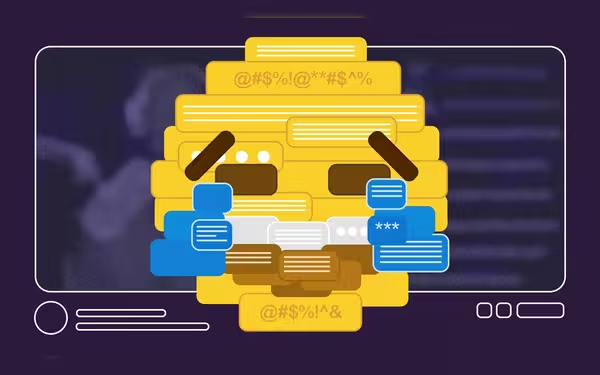Thursday, November 21, 2024 10:05 AM
Social Media's LOLCow Trend: A Disguise for Cruelty
- LOLCows are mocked individuals unaware of their ridicule.
- TikTok creators profit from the misfortunes of others.
- The trend raises ethical concerns about online behavior.
 Image Credits: mashable_me
Image Credits: mashable_meThe LOLCow trend on social media highlights the troubling blend of entertainment and cruelty, raising ethical concerns about online behavior.
In recent times, the term "LOLCow" has gained traction on social media platforms, particularly TikTok. This phrase refers to individuals who become the subject of mockery and ridicule, often without their awareness. The concept is not new; it has roots in the early days of the internet, where anonymous users would harass others under the guise of humor. However, the rise of platforms like TikTok has transformed the way these individuals are treated, turning them into stars of viral content.
When one searches for "LOLCow," they may stumble upon various definitions. According to Urban Dictionary, a LOLCow is someone who is easy to mock, often unaware that they are the butt of jokes. This phenomenon has evolved, with creators on TikTok gaining fame and financial opportunities from their online personas, which are often built on the ability to be ridiculed. This shift has led to a troubling environment where cruelty is disguised as entertainment.
Many TikTok users engage with these LOLCows under the pretense of building a community. However, some creators, like Shawty Bae, have pointed out that this behavior can be harmful, especially for individuals with disabilities. In a video, she noted that many LOLCows are targeted because they are perceived as vulnerable, and their lives may have been drastically affected by online bullying.
Comments from viewers reveal a mix of opinions. Some argue that the rise of LOLCows mirrors reality TV shows that exploit unusual behaviors for ratings. Others claim they find these creators relatable and want to support them. This duality raises questions about the ethics of consuming content that thrives on the misfortunes of others.
Notable figures in this trend include Joshua Block, known for his chaotic vlogs, and Christine Chandler, who has faced significant online harassment. Both individuals exemplify the darker side of "LOL farming," where relentless teasing can lead to harmful consequences. In some cases, LOLCows are doxxed or subjected to swatting, highlighting the dangers of this trend.
As we navigate the complexities of social media, it is essential to reflect on the impact of our engagement with such content. While it may be tempting to laugh at the misfortunes of others, we must consider the real-life implications of our actions. The line between entertainment and cruelty can often blur, and it is crucial to approach these situations with empathy and understanding. Ultimately, fostering a culture of kindness and respect online can lead to a healthier digital environment for everyone.













